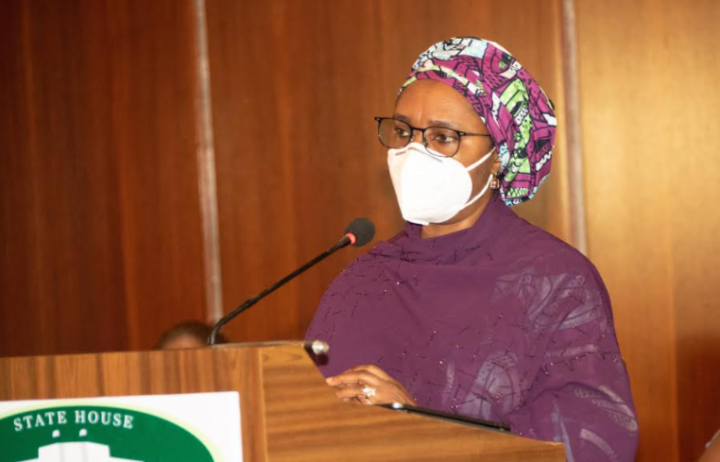BY FATIMA USMAN
The saying that “when two elephants fight, it is the grass that suffers” is nothing but a fact. At it relates with the Academic Staff Union of Universities (ASUU) whose members have since February 14 this year being at loggerheads with the Federal Government over unresolved issues since 2009, the students have been at the receiving end, suffering untold hardships.
At it has always been the case since the perennial crisis started many years ago, the ASUU members would get many of their demands met and return to classes, leaving the students to pick the pieces with great consequences.
When ASUU embarked on a strike in 2020 that lasted for nine months amidst COVID-19, what did the students get in return after everything? Nothing! Except for the house rent that we never used that got expired, our academic calendar that was disrupted, in addition to our properties that were stolen from our various lodges.
Advertisement
Who could have thought another strike awaited us after the 2020 episode?
But on February 14 this year, the hammer fell again as our academic activities got disrupted. Only God knows what our fate would be, going by the logjam that always resulted from the government/ASUU negotiations so far.
Although President Buhari gave the Minister of Education, Dr. Adamu Adamu, two weeks to resolve all issues concerning the strike so that students can return to their classes, precedent indicates that our hopes may be dashed yet again.
The Federal Government has already denied us our right to education by not providing enough learning equipment for students. Added to this is inadequate classrooms and demotivated teachers.
Advertisement
The ASUU strike has done more harm than good to the students.
Some students don’t always get to serve their father land due to the 30-year age limit stipulated by the National Youth Service Corps (NYSC). Without doubt, this particular occurrence is one of the disadvantages that comes with the strike. The implications of idleness on the part of students are better left unsaid.
The NYSC should as a matter of urgency compensate the students by increasing the age limit to enable many graduates to participate in the youth corps scheme. If anything, it would serve to calm tension arising from too many graduates’ inability to observe the mandatory national service.
Fatima Usman is a 300 level Mass Communication student at Ibrahim Badamasi Babangida University, Lapai, Niger State
Advertisement
Add a comment






